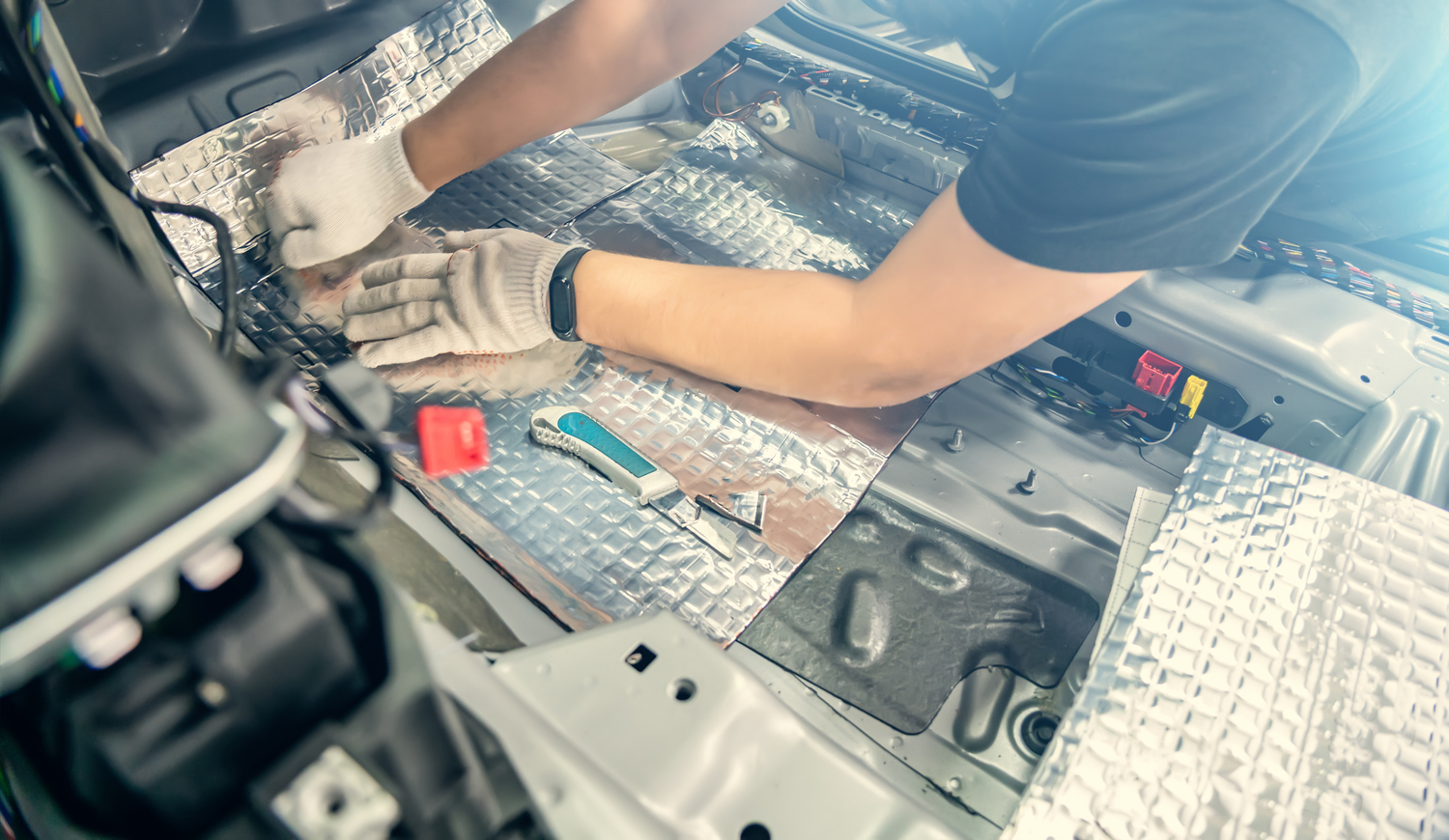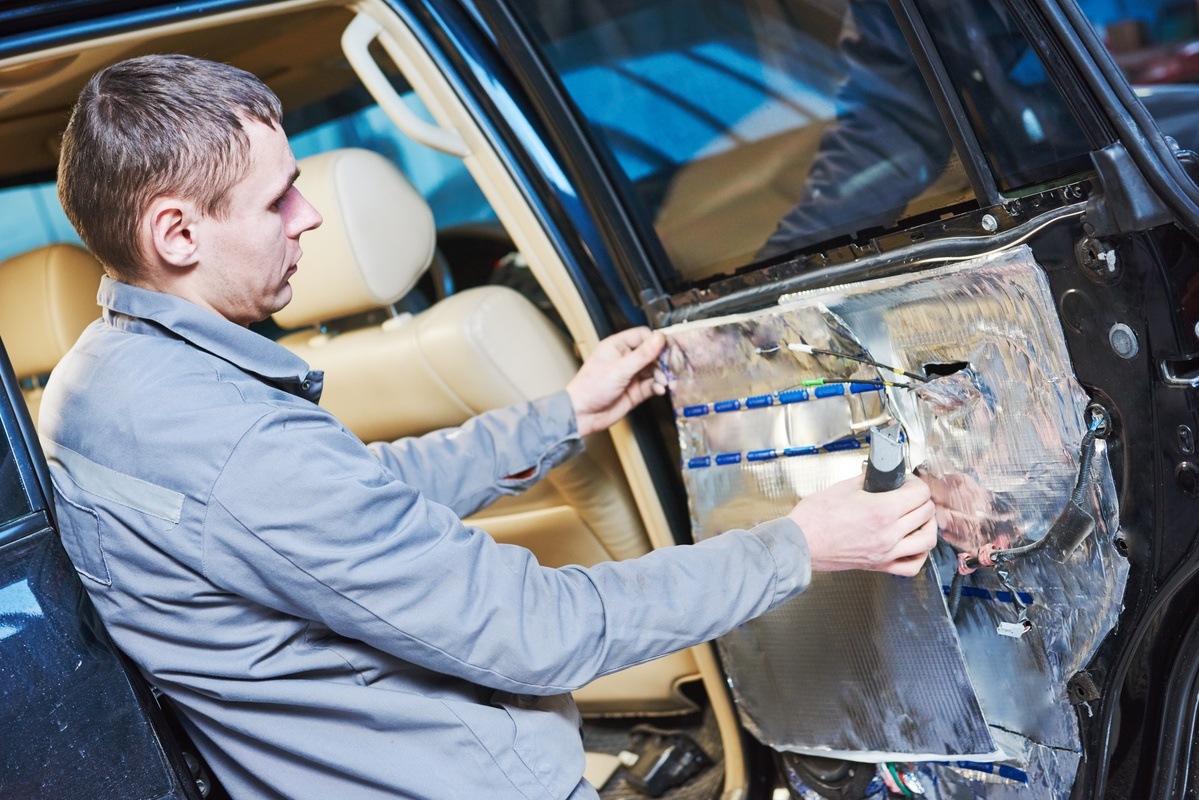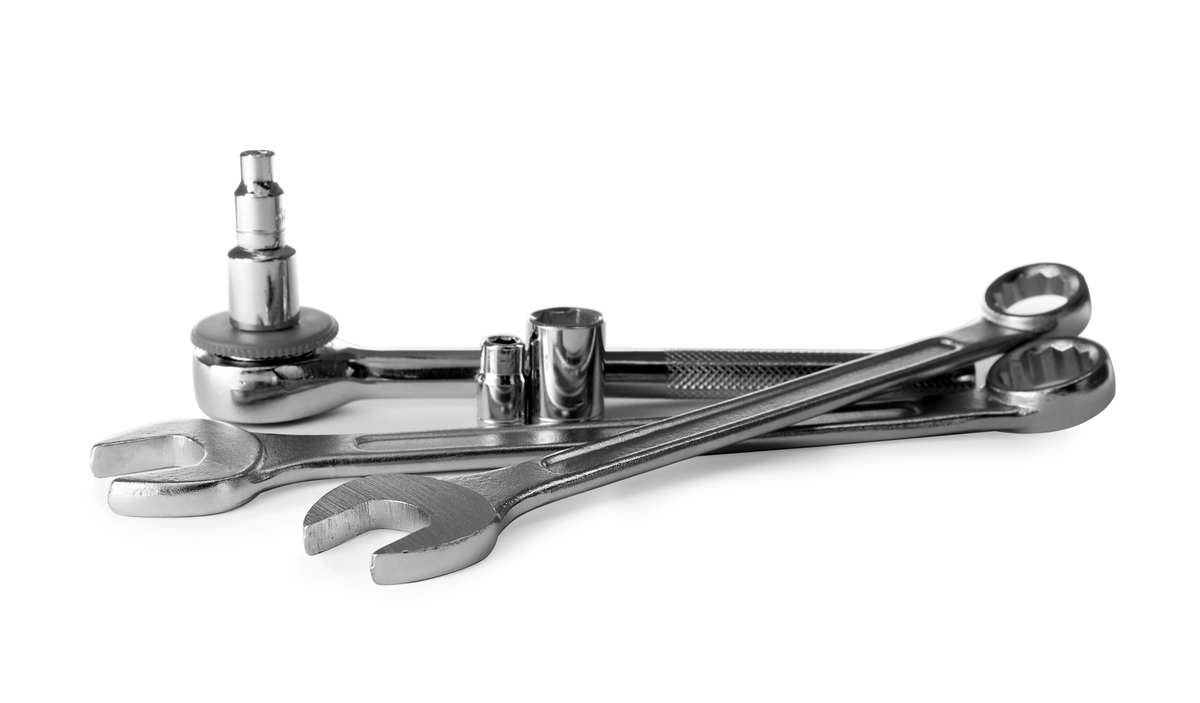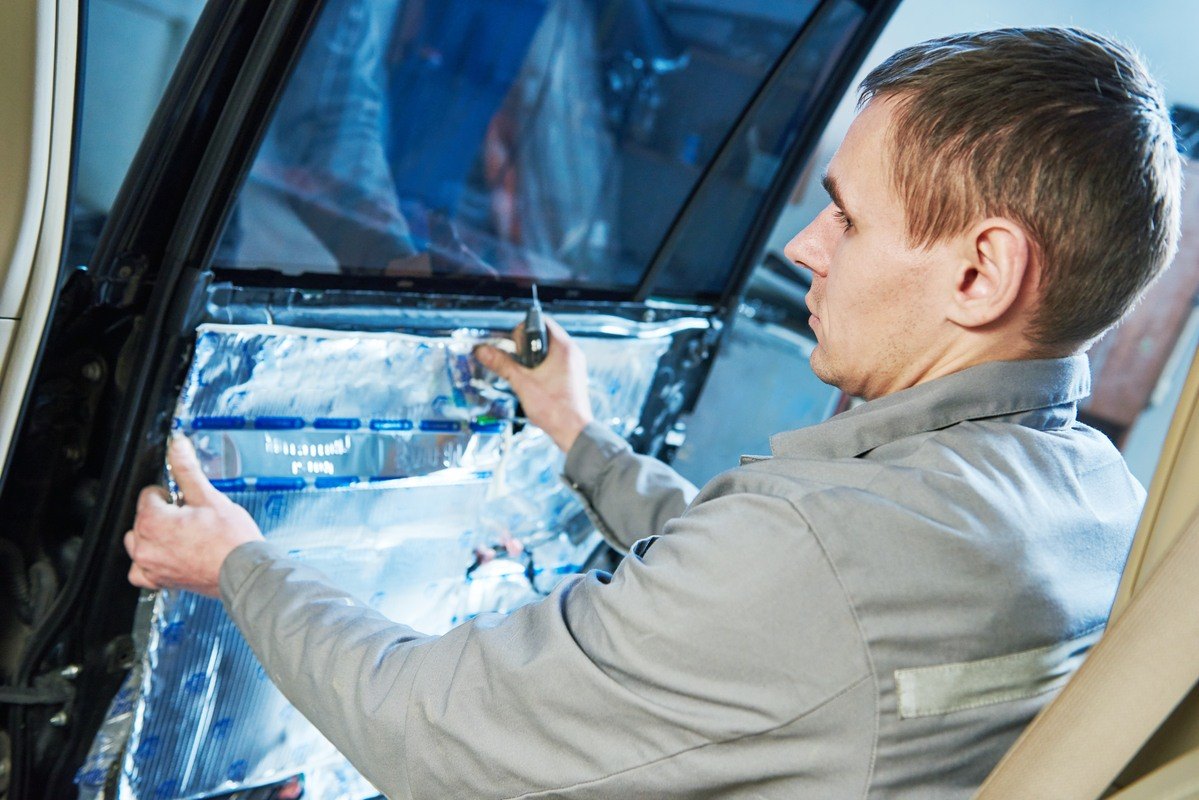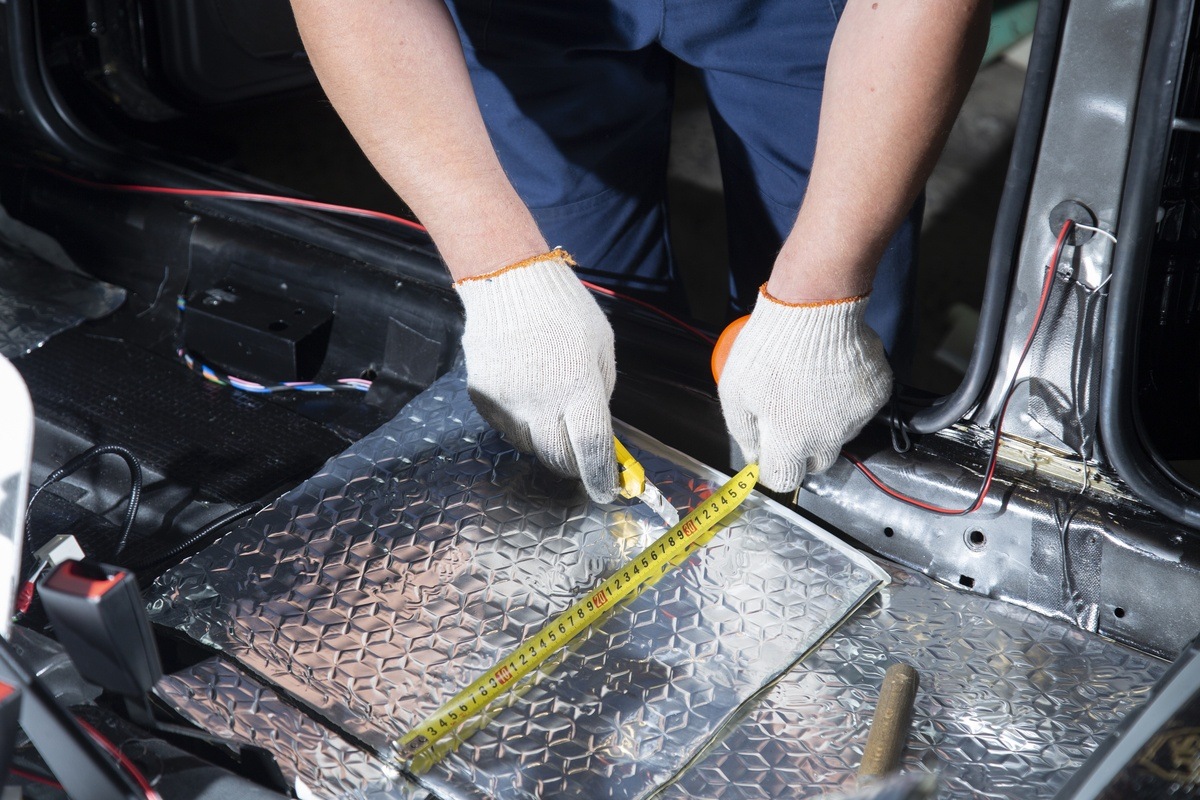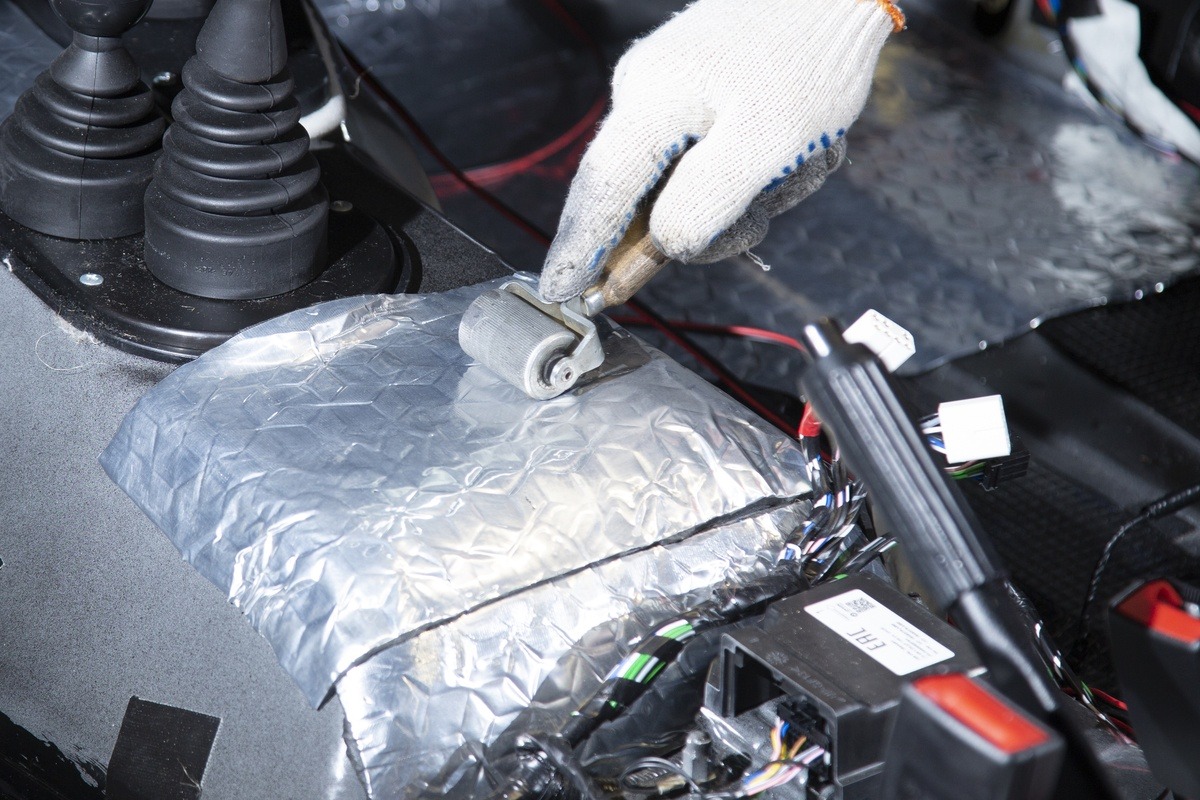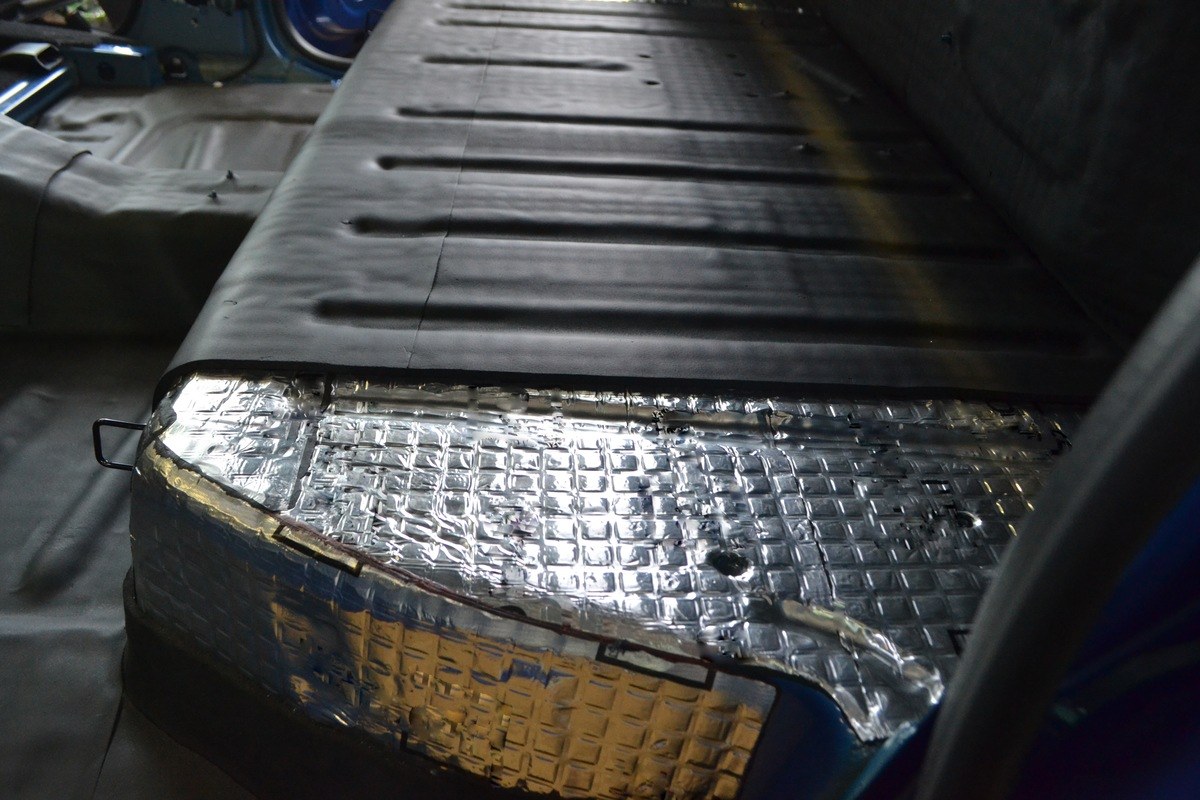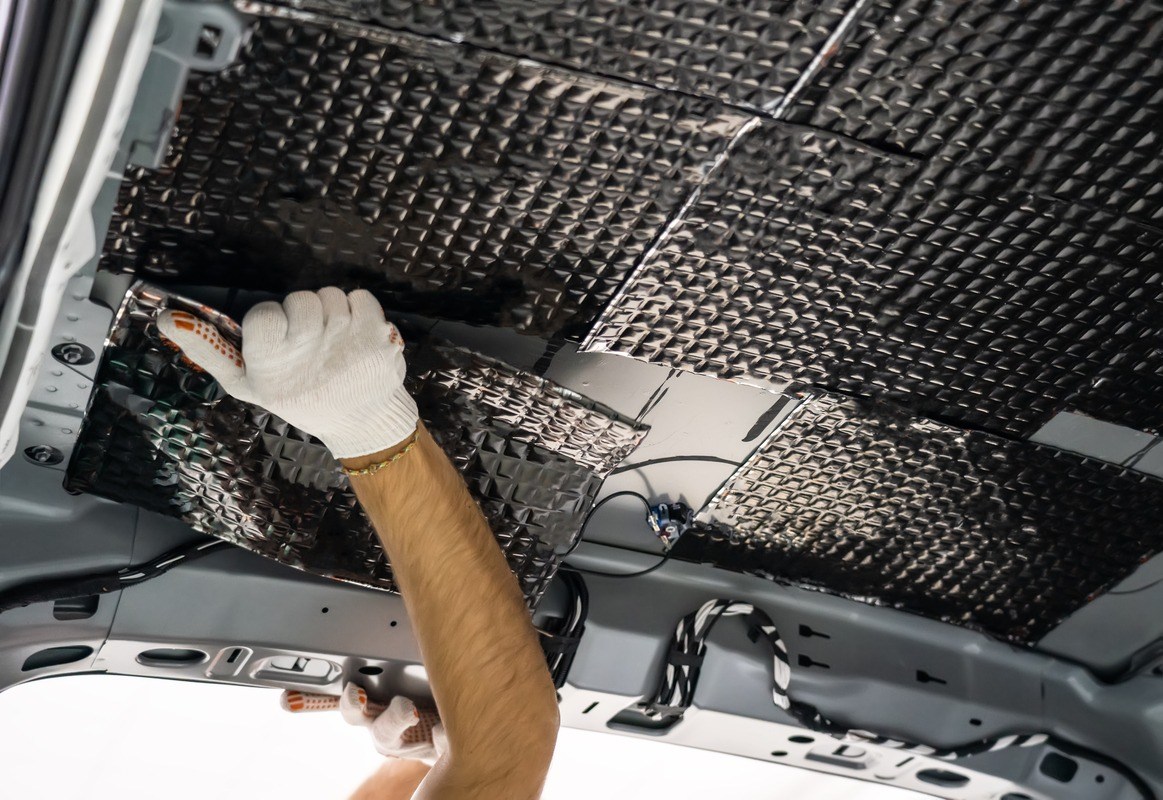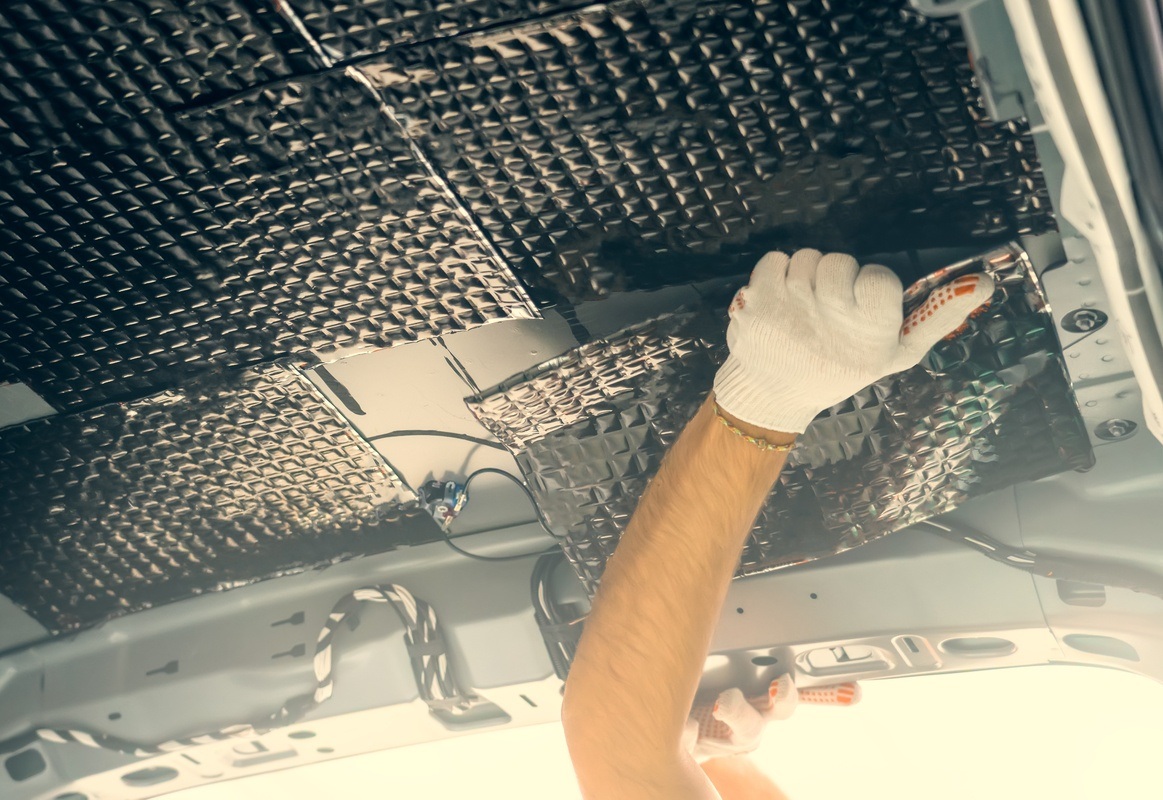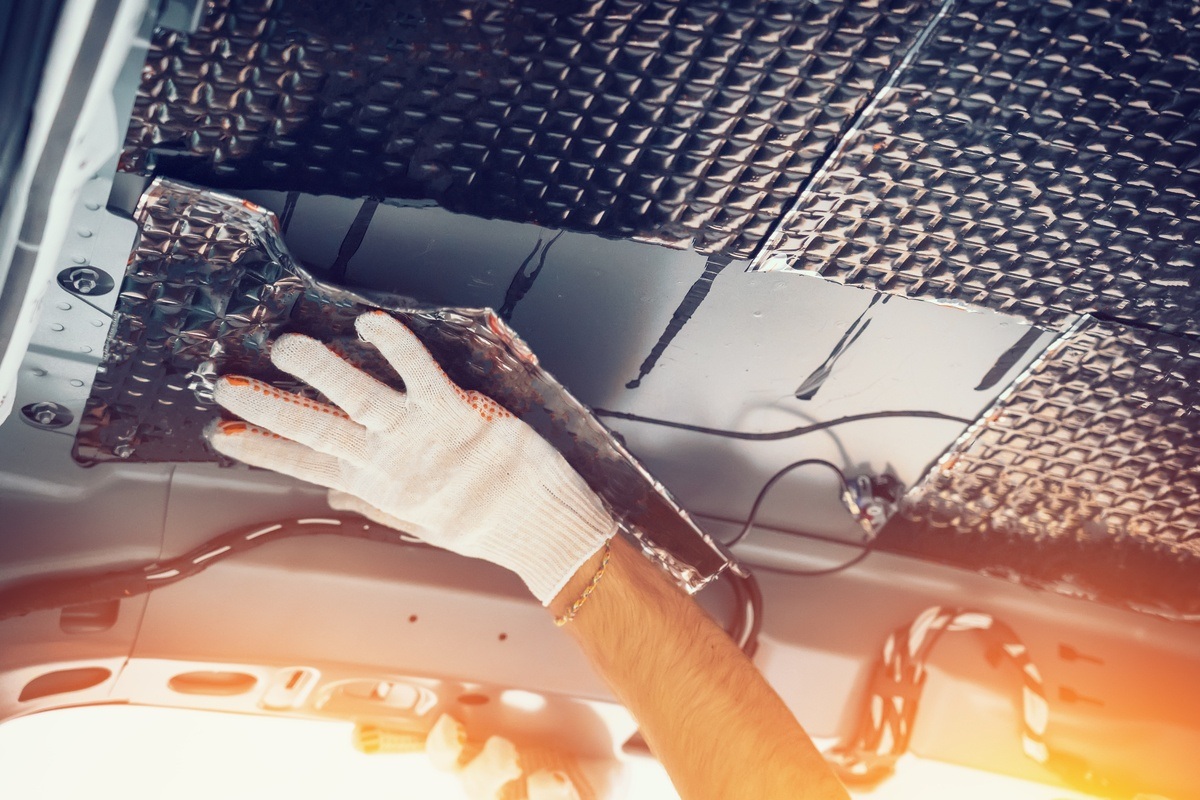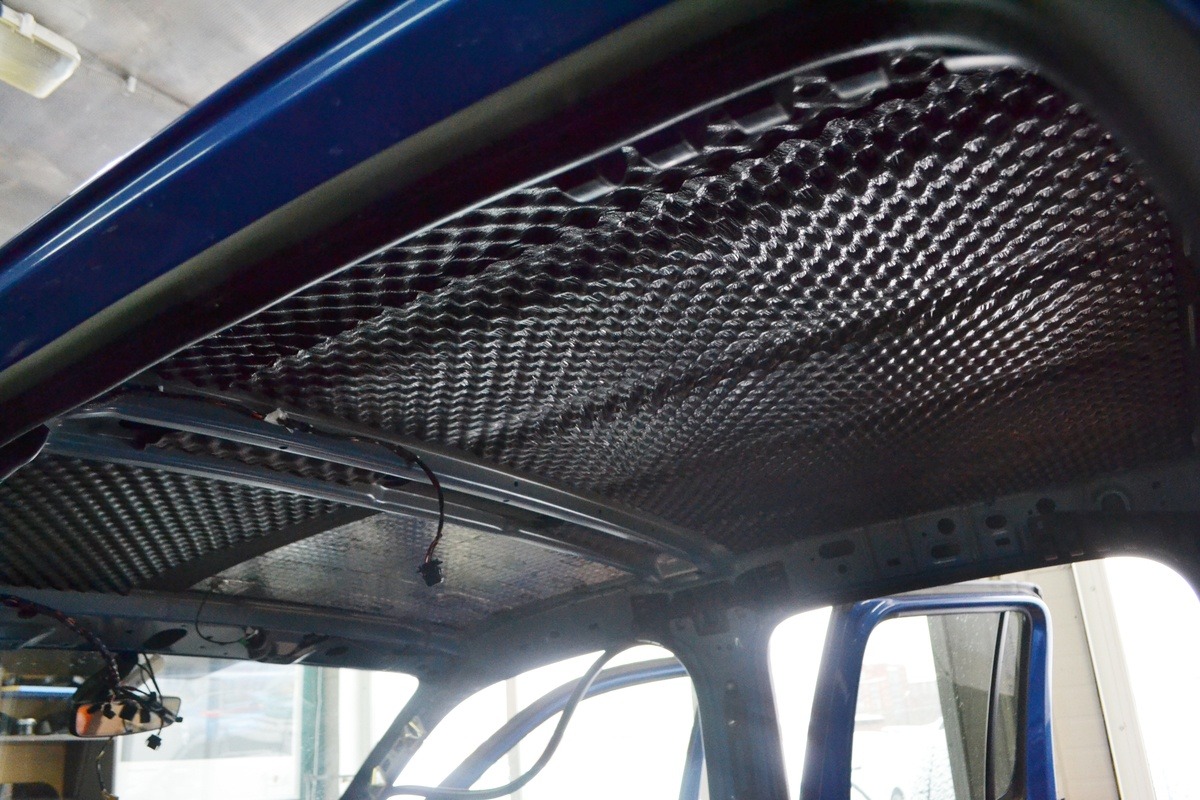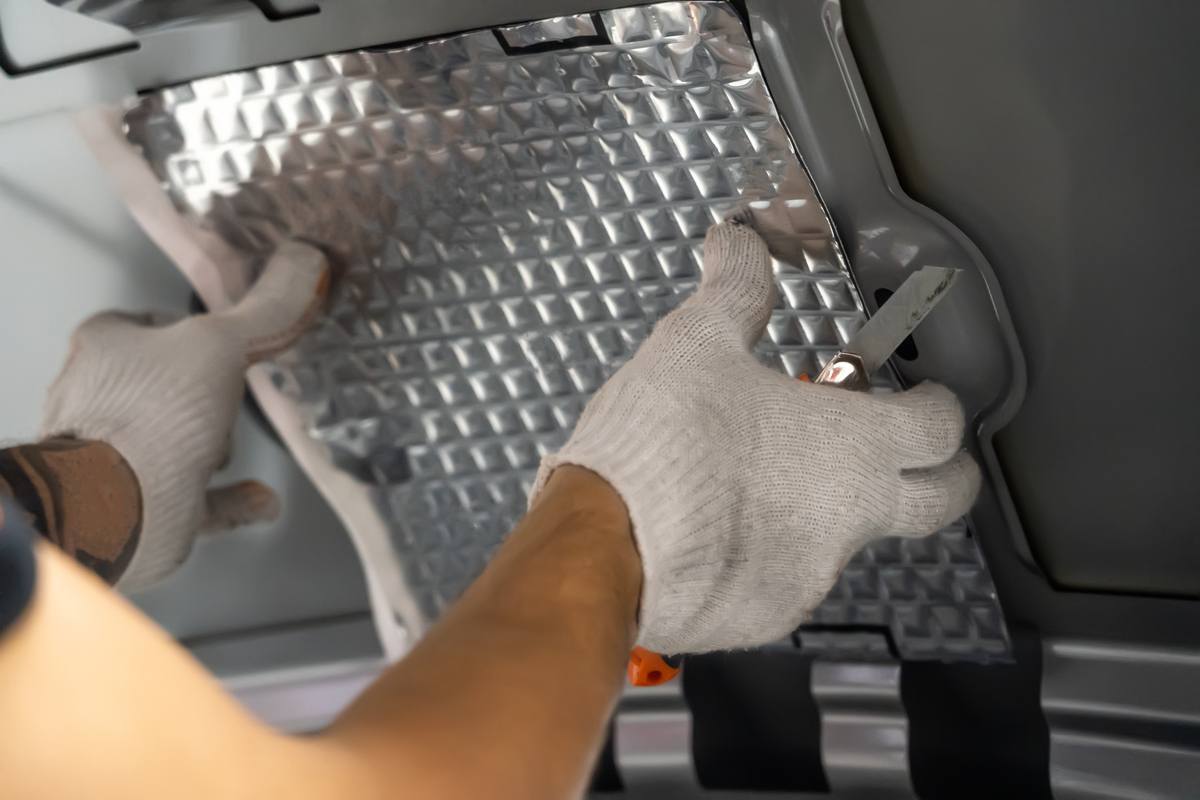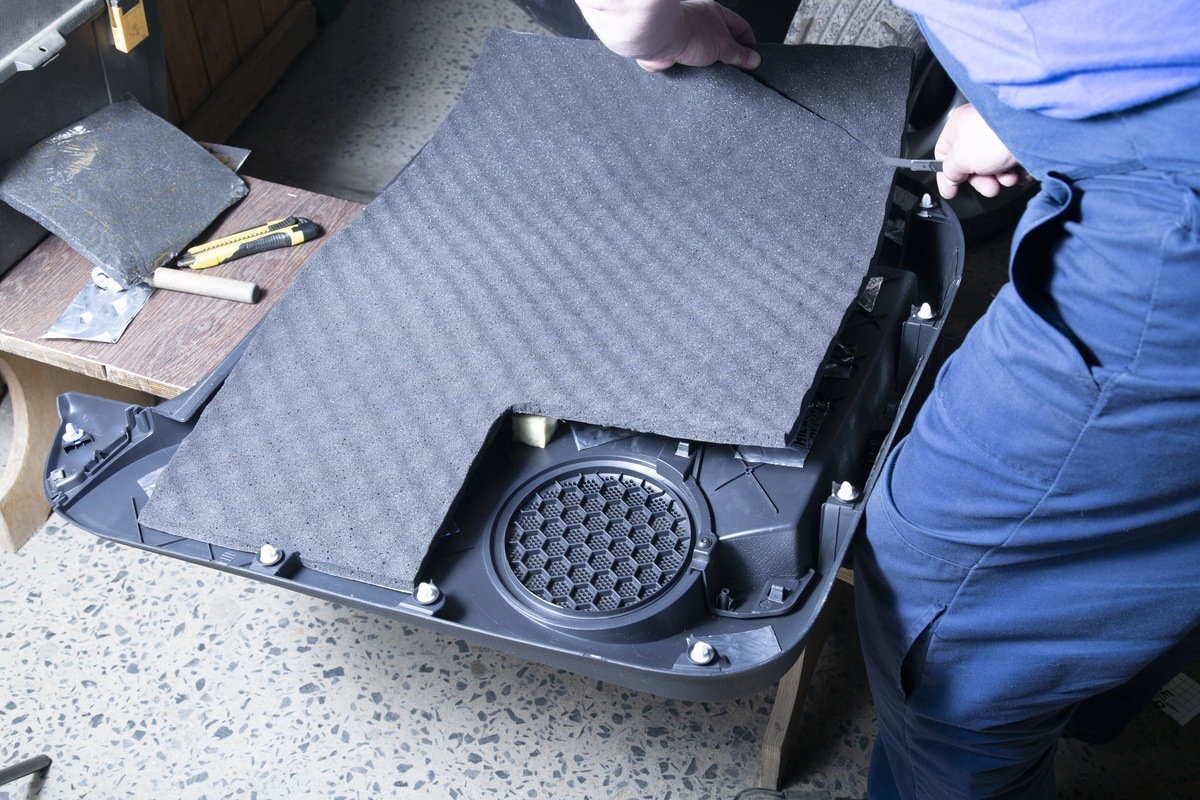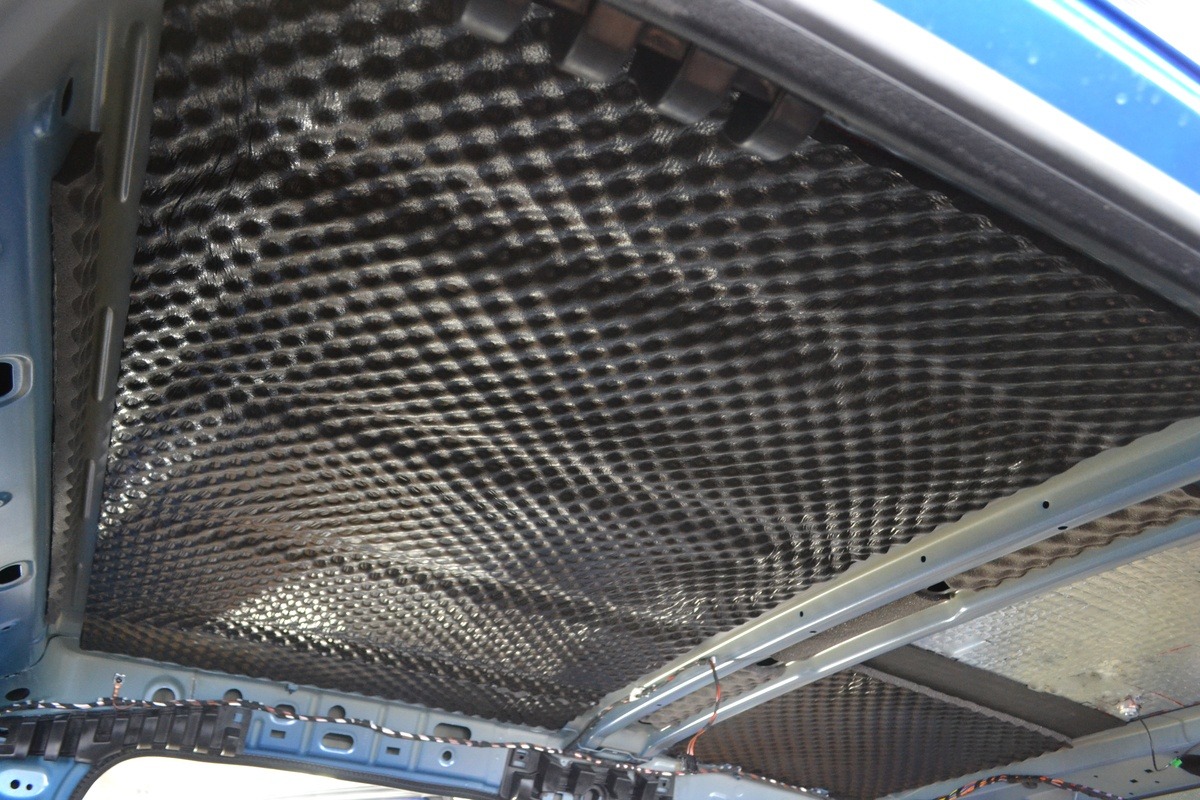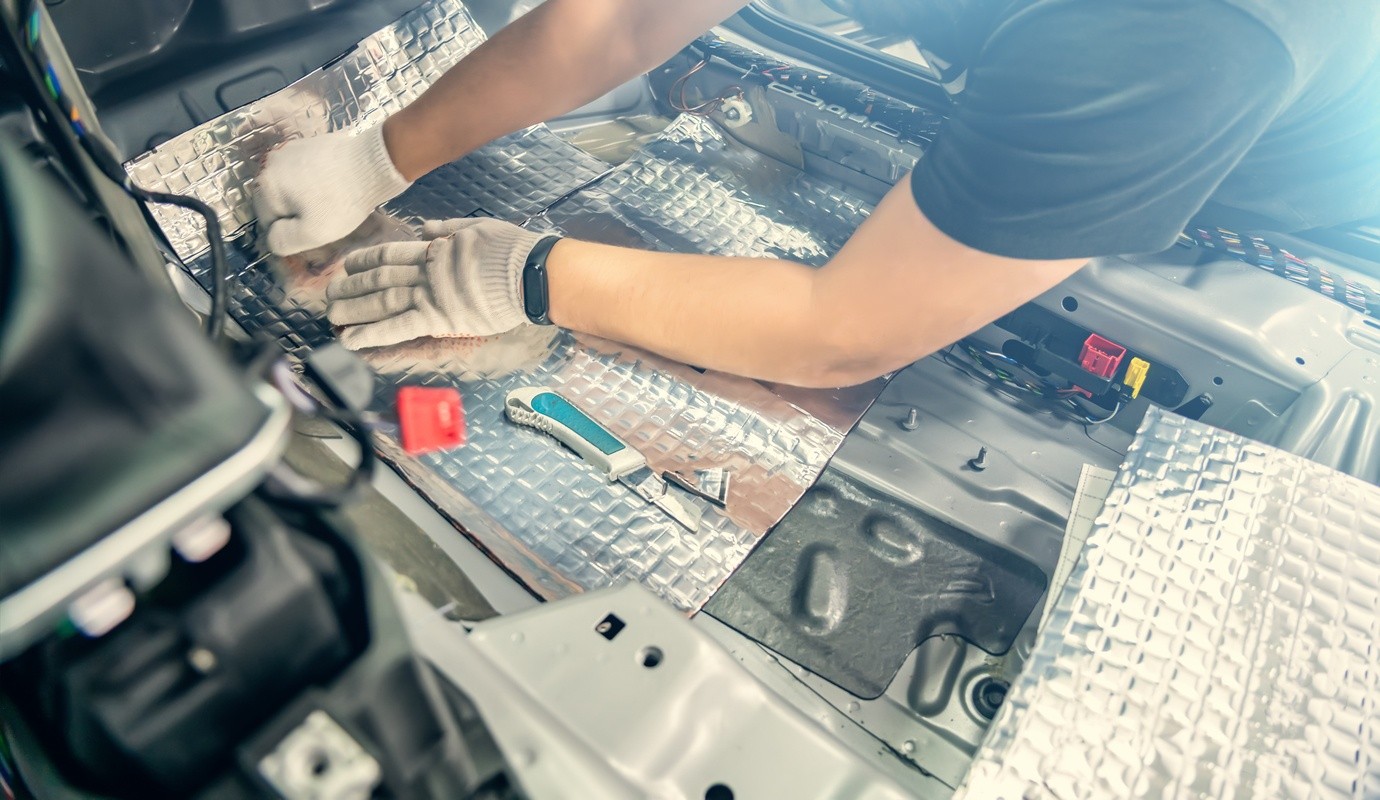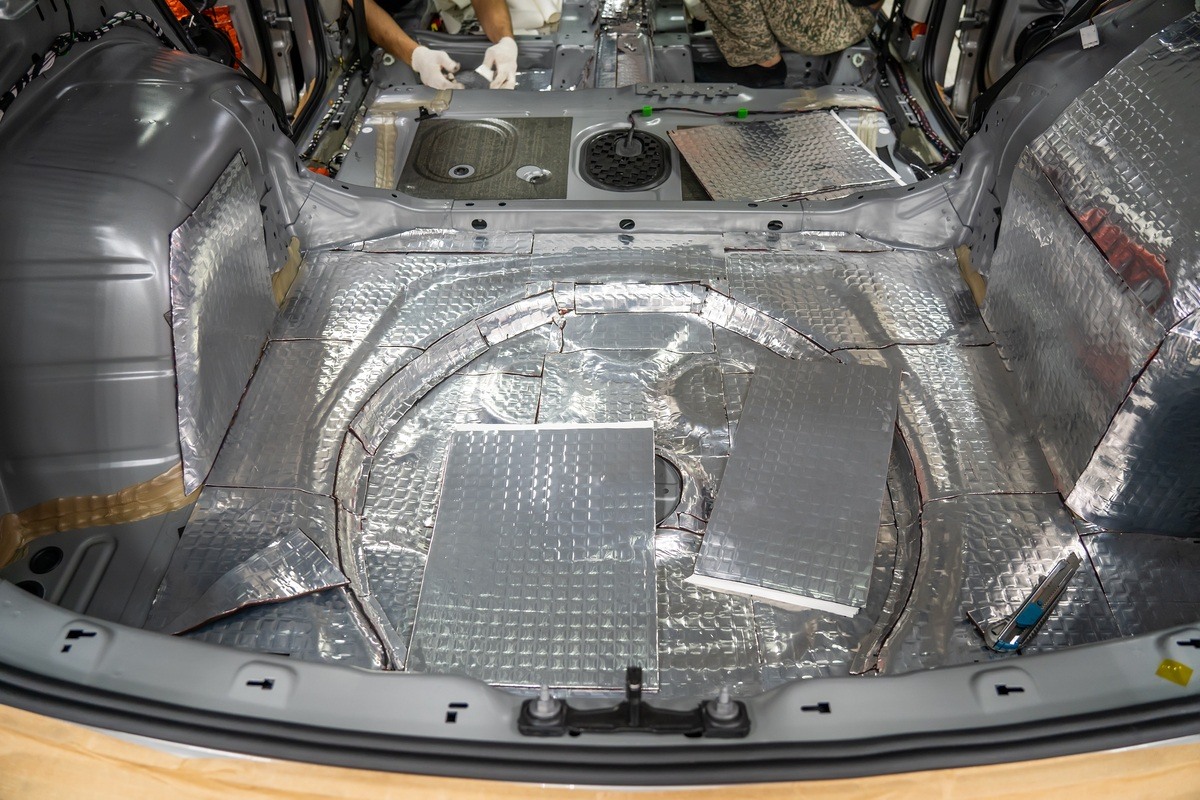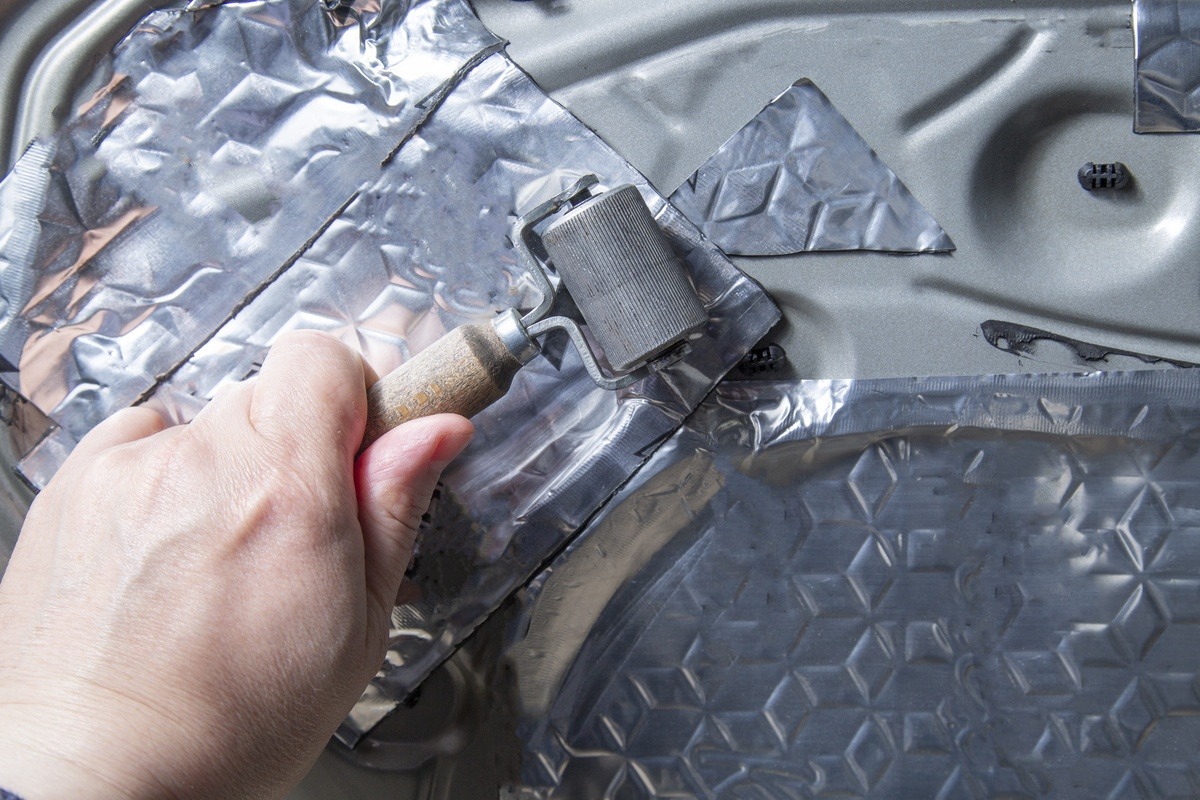Soundproofing cars and vehicles – creating a quieter and more comfortable driving experience
Soundproofing vehicles involves reducing unwanted noise from the engine, road, and surroundings to create a quieter and more comfortable driving experience. By using advanced sound-absorbing materials, you can drastically reduce road noise, vibrations, and wind noise. Whether you want to soundproof a passenger car, transport vehicle, or larger vehicle such as a motorhome or truck, there are effective solutions that can make a significant difference.
Why is soundproofing important for vehicles?
Modern vehicles are often equipped with some form of sound insulation, but it can be insufficient depending on the car model and area of use. Supplementing factory-fitted soundproofing with specially adapted materials can provide the following benefits:
Reduced road noise
By installing vibration-damping mats and sound-absorbing panels, you can effectively dampen noise from tires, asphalt, and uneven road surfaces.
Better sound experience
A quieter cabin improves the performance of the sound system and makes it easier to enjoy music, phone calls, and navigation instructions.
Increased concentration and safety
Fewer noise distractions help the driver stay focused and react more quickly to traffic situations.
Thermal insulation
Sound-absorbing materials often act as an additional insulating barrier against cold and heat, improving the vehicle's climate comfort.
Lower fuel consumption
By reducing the need to increase the volume or compensate for external noise, you can potentially save energy and fuel.
Increased resale value
A well-insulated car is perceived as more comfortable and may have a higher market value when sold.
How to soundproof a car or other vehicle effectively
To achieve the best possible results, it is important to use the right soundproofing materials and apply them in strategic locations in the vehicle. Here are some of the most common methods:
Damping mats
These are placed on the floor, wheel wells, and door panels to reduce structure-borne noise and vibrations.
Sound-absorbing panels
Perfect for reducing echo and sound reflections in the passenger compartment.
Sealing strips
Improve the seal around doors and windows, preventing sound from entering.
Engine hood insulation
Reduces the impact of engine noise on the cabin.
Roof and trunk insulation
Helps reduce wind noise and background noise.
Whether you want a premium feel in your car, to optimize the sound experience, or simply to make long journeys more enjoyable, the right sound insulation can make a noticeable difference.





